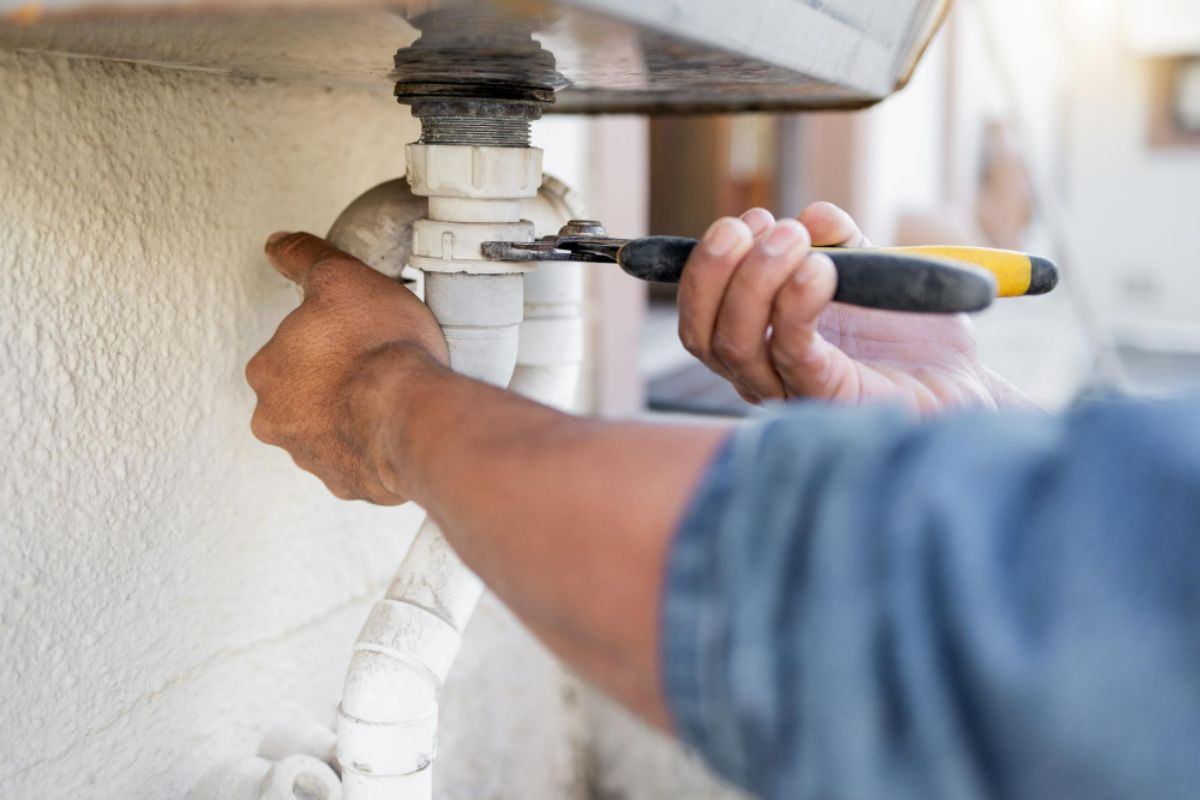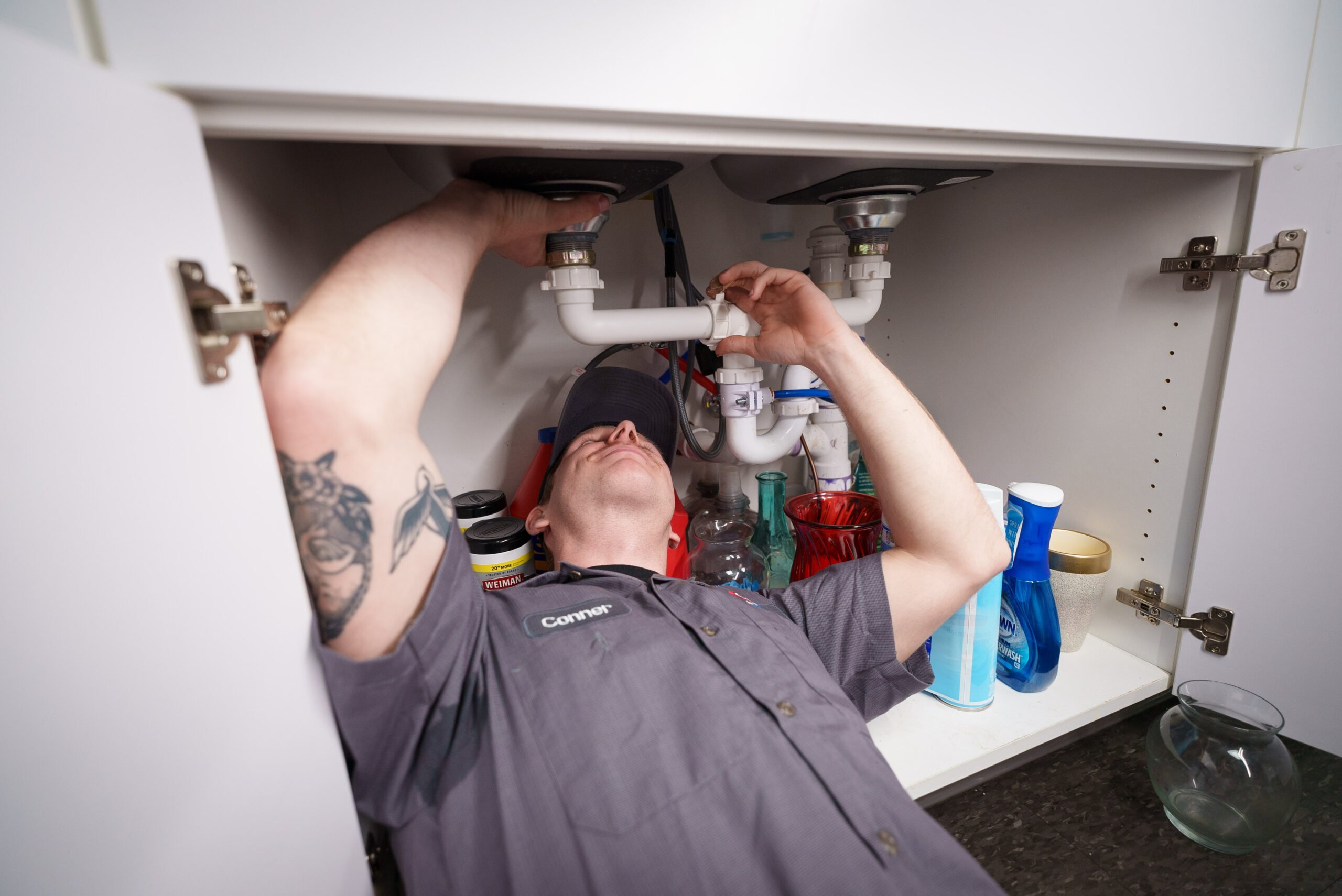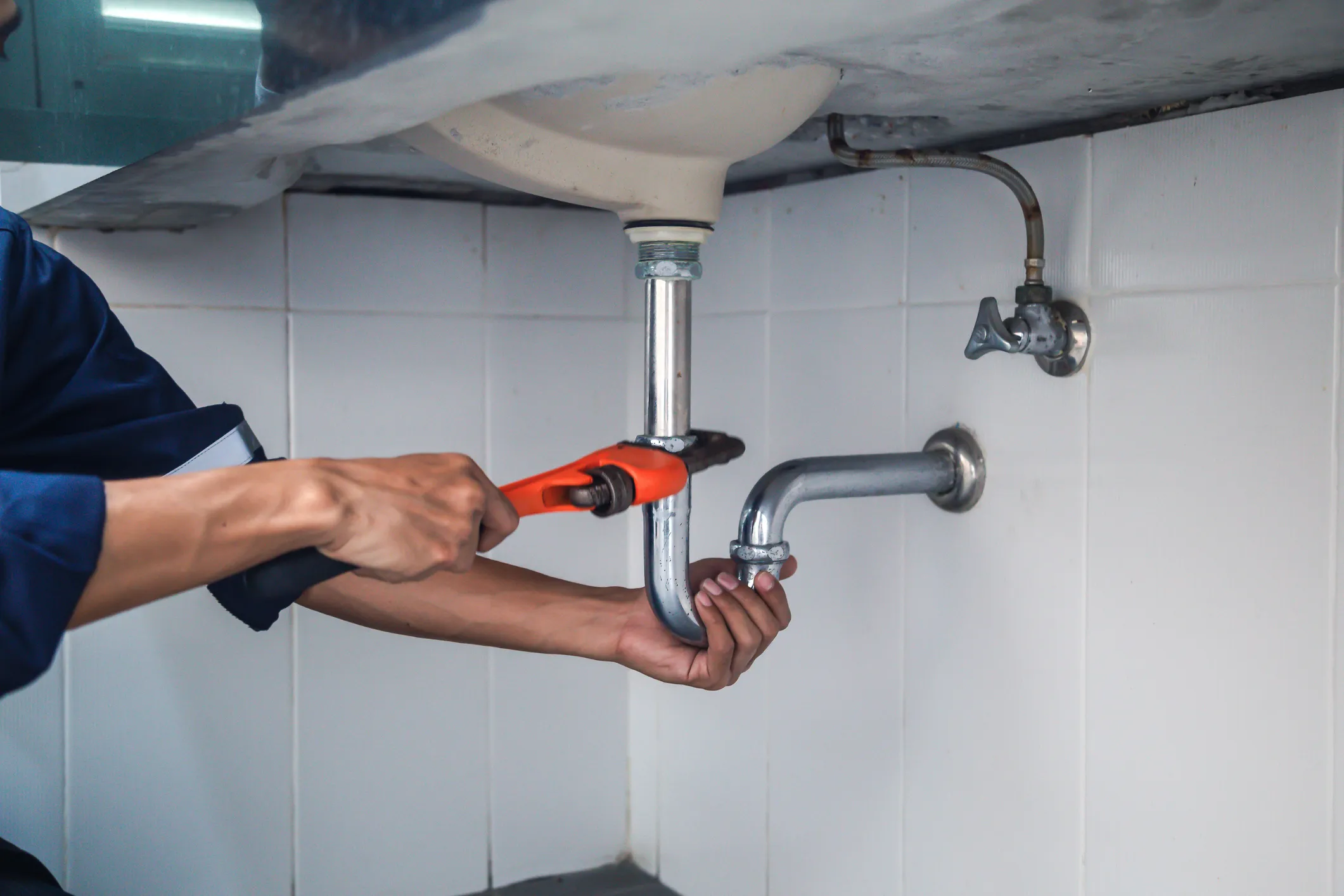When it comes to managing plumbing requirements for hot climates, it is crucial to understand how high temperatures can impact water systems. Whether you are a homeowner or a real estate developer, ensuring an efficient plumbing system in hot regions is vital for sustainability and comfort. In this article, we will explore various strategies to keep your plumbing system in top shape, even in the hottest conditions.

Understanding the Impact of Heat on Plumbing
High temperatures in hot climates can cause significant stress on plumbing systems. Pipes may expand and contract, leading to leaks or bursts. Additionally, water usage patterns may change, requiring different plumbing solutions. It is essential to consider these factors when planning your plumbing system.
Pipe Material Selection
Choosing the right pipe material is crucial in hot climates. Materials like PVC and PEX are often recommended because they can withstand high temperatures without losing integrity. Metal pipes, on the other hand, may not be ideal as they can expand and cause joint failures.
Insulation for Pipes
Insulating pipes is an effective way to prevent heat-related damage. Insulation helps maintain water temperature and reduces the risk of pipes bursting due to thermal expansion. This is particularly important for outdoor plumbing and pipes exposed to direct sunlight.
Water Conservation Techniques
Water conservation is a critical consideration in hot climates. Implementing water-saving techniques not only reduces consumption but also eases the burden on plumbing systems. Installing low-flow toilets and faucets can significantly decrease water usage.
Efficient Water Heating
Hot climates often require efficient water heating solutions. Solar water heaters are an excellent choice as they utilize abundant sunlight to heat water, reducing the need for traditional energy sources. This can lead to cost savings and a smaller environmental footprint.
The Role of Regular Maintenance
Regular maintenance is essential to keep plumbing systems in optimal condition. Routine inspections can identify potential issues before they become significant problems. This proactive approach helps maintain efficiency and prolongs the lifespan of the plumbing system.
Checking for Leaks
In hot climates, it is crucial to regularly check for leaks. High temperatures can cause joints to loosen, leading to unwanted water loss. Fixing leaks promptly can prevent water wastage and reduce utility bills.
Cleaning Drains
Drains can become clogged quickly in hot climates due to increased debris and sediment buildup. Regular cleaning of drains ensures smooth water flow and prevents potential blockages.
Considerations for New Constructions
When building a new home or property, special considerations are needed for plumbing systems in hot climates. Proper planning and design can prevent issues and enhance system efficiency.
Layout and Design
The layout and design of plumbing systems should account for the unique challenges of hot climates. Placing pipes in shaded areas or using innovative designs can minimize exposure to extreme heat.
Advanced Filtration Systems
Installing a whole-house filtration system can enhance water quality and protect plumbing infrastructure. Clean water reduces the risk of corrosion and buildup, ensuring longevity.
Conclusion
Properly managing plumbing requirements for hot climates involves careful planning and consideration of various factors. From selecting the right materials to implementing water conservation techniques, each step plays a vital role in maintaining an efficient and sustainable plumbing system. By understanding and addressing the unique challenges posed by high temperatures, homeowners and real estate developers can ensure their properties are well-equipped to handle the heat.

FAQs
How can I prevent pipes from bursting in hot climates?
Insulating pipes and choosing materials like PVC or PEX can help prevent pipes from bursting due to thermal expansion in hot climates.
What are some water-saving fixtures for hot climates?
Installing low-flow toilets and faucets are effective water-saving fixtures suitable for hot climates.
Why is regular maintenance important for plumbing systems?
Regular maintenance helps identify potential issues early, ensuring efficient operation and prolonging the lifespan of the plumbing system.
This article contains affiliate links. We may earn a commission at no extra cost to you.



